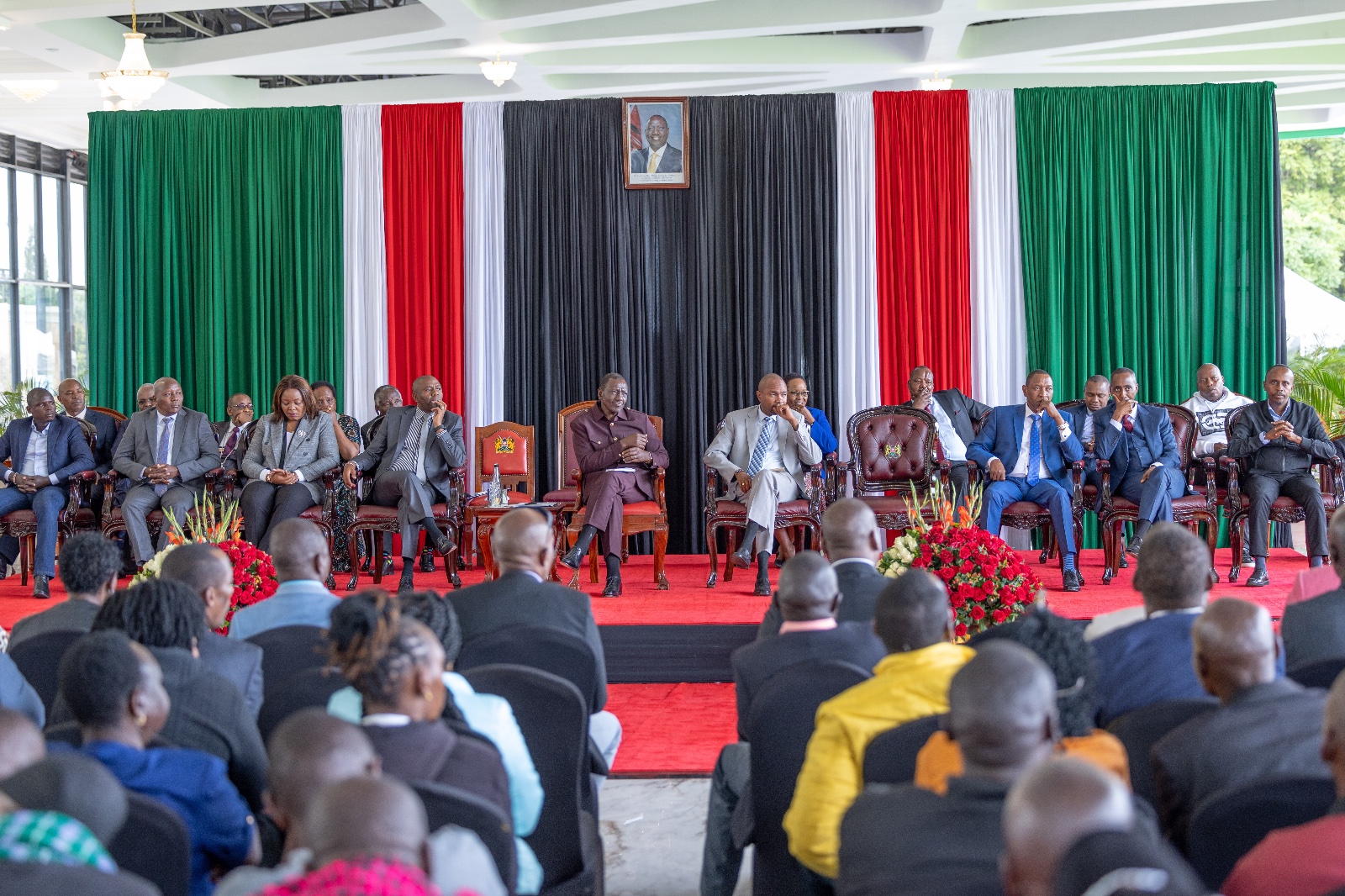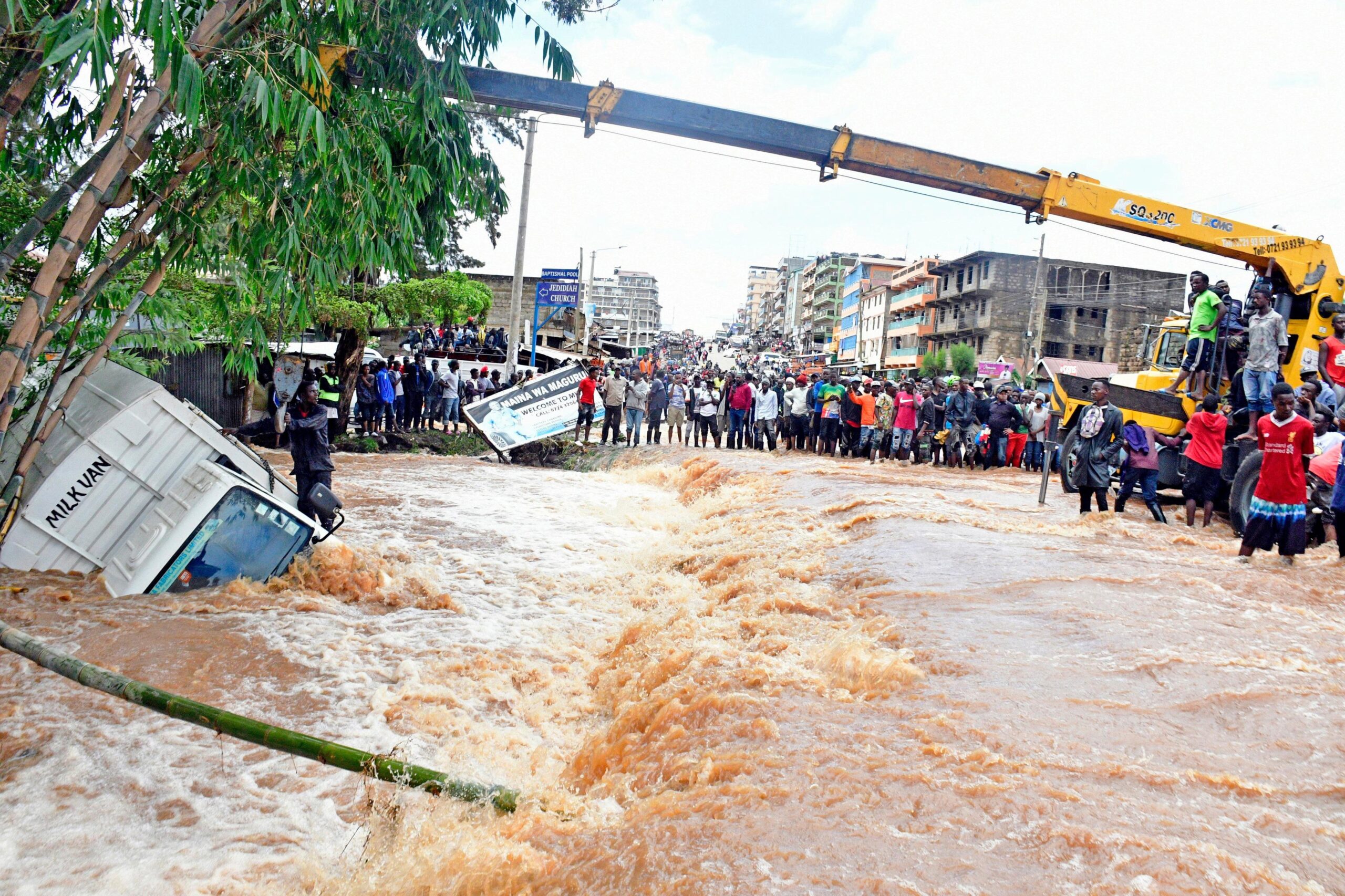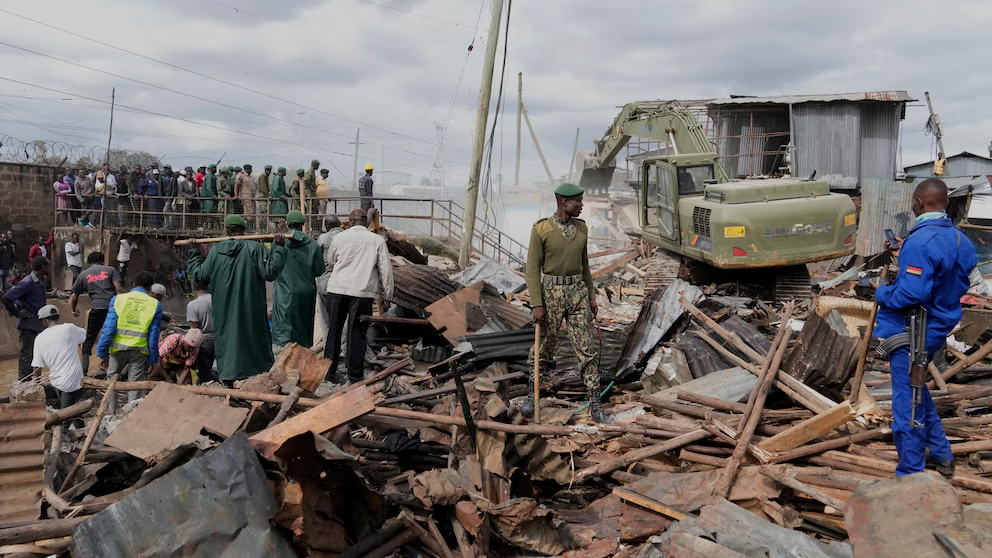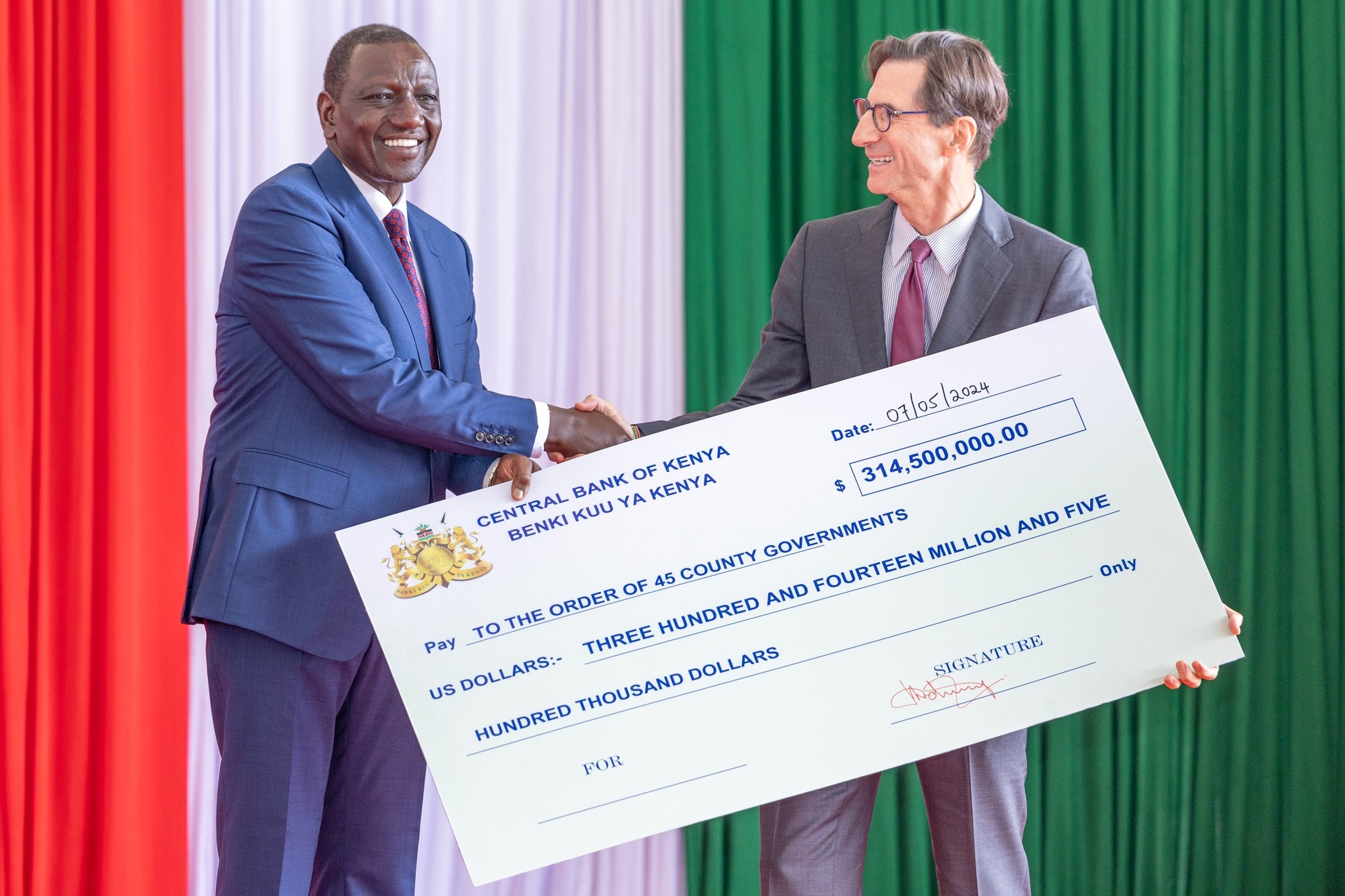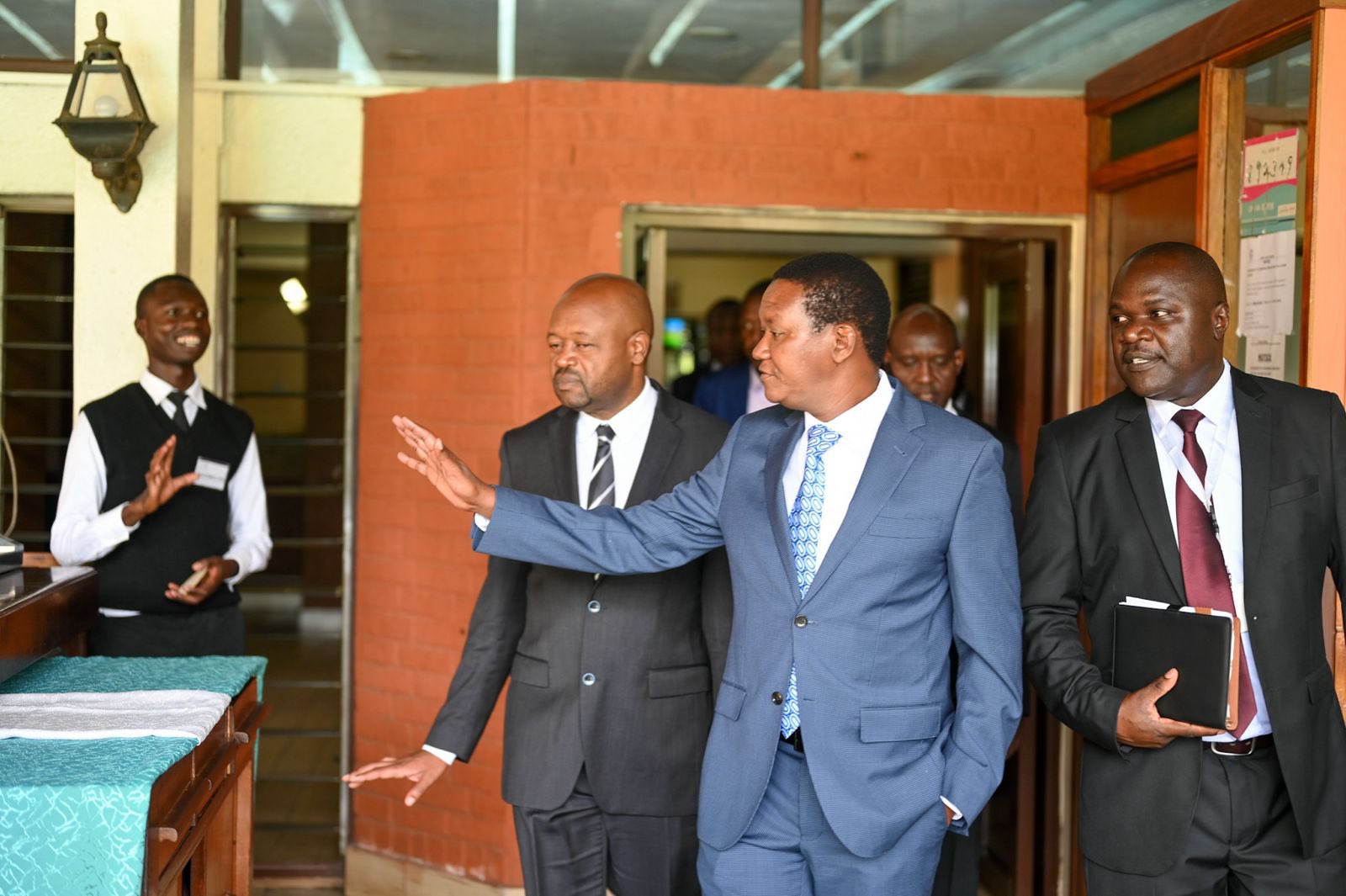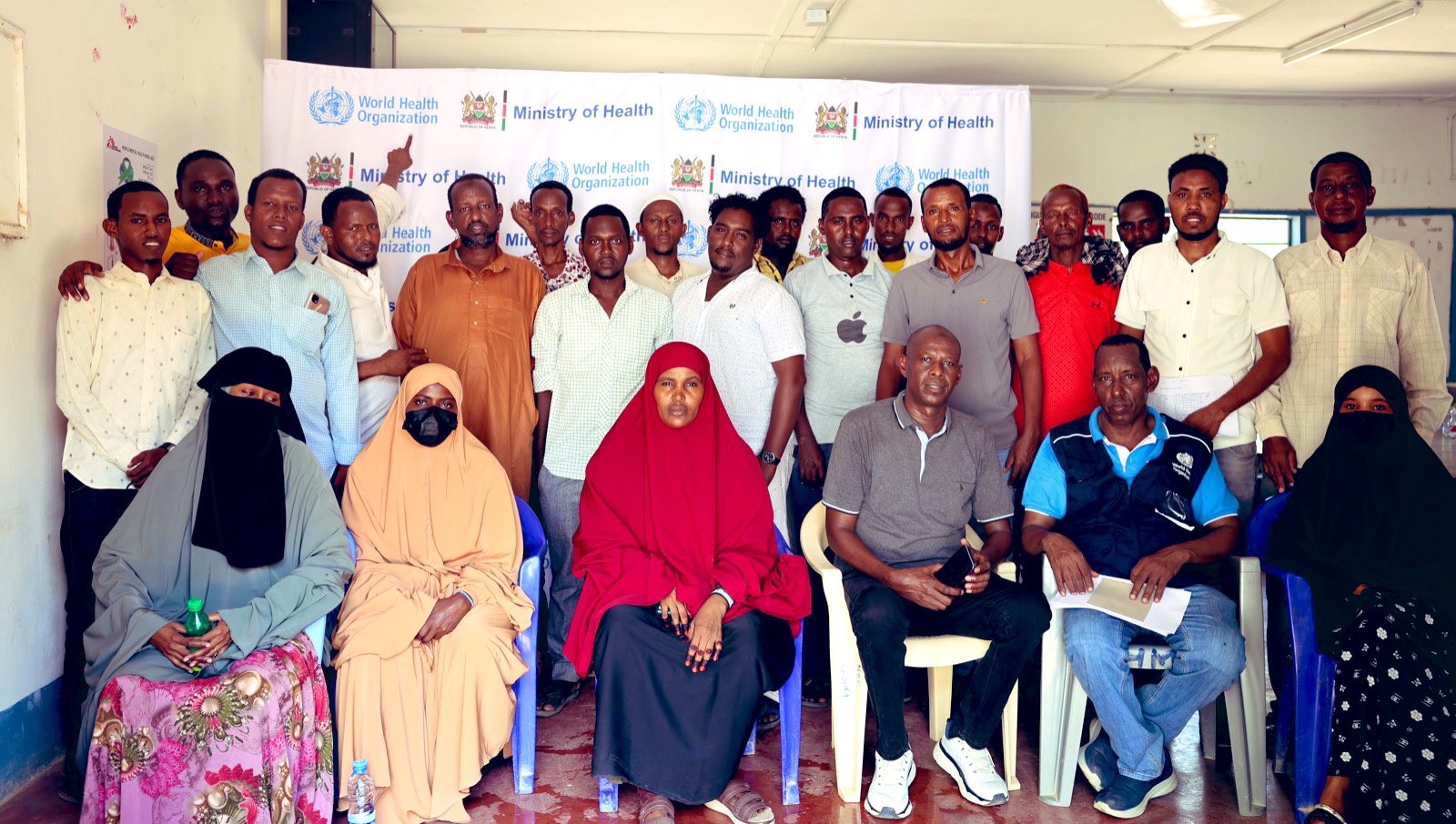
Ministry of Health, in conjunction with Garissa County and the World Health Organization (WHO), has launched a comprehensive ten-day training program aimed at tackling the cholera outbreak in the Daadab and Fafi sub-counties refugee camps. These camps have emerged as cholera hotspots in Kenya, with a staggering 2,700 cholera cases reported since October 2022, necessitating a robust response to combat the outbreak.
The training program is specifically designed for healthcare workers, community health volunteers, and camp leaders who play critical roles in preventing, detecting, and managing cholera cases. The curriculum covers a wide array of topics, encompassing case identification, clinical management, infection control, risk communication, community engagement, laboratory testing, nutritional support, and water quality assessment.
This initiative is a pivotal component of ongoing efforts by the United Nations High Commissioner for Refugees (UNHCR) and its collaborative partners, who are dedicated to delivering healthcare and nutritional services to both the refugee population and the host communities. Cholera remains a grave diarrheal disease that, if not promptly and effectively treated, can result in severe consequences, including fatalities. It continues to pose a significant global public health challenge, reflecting disparities in social development and equity.

